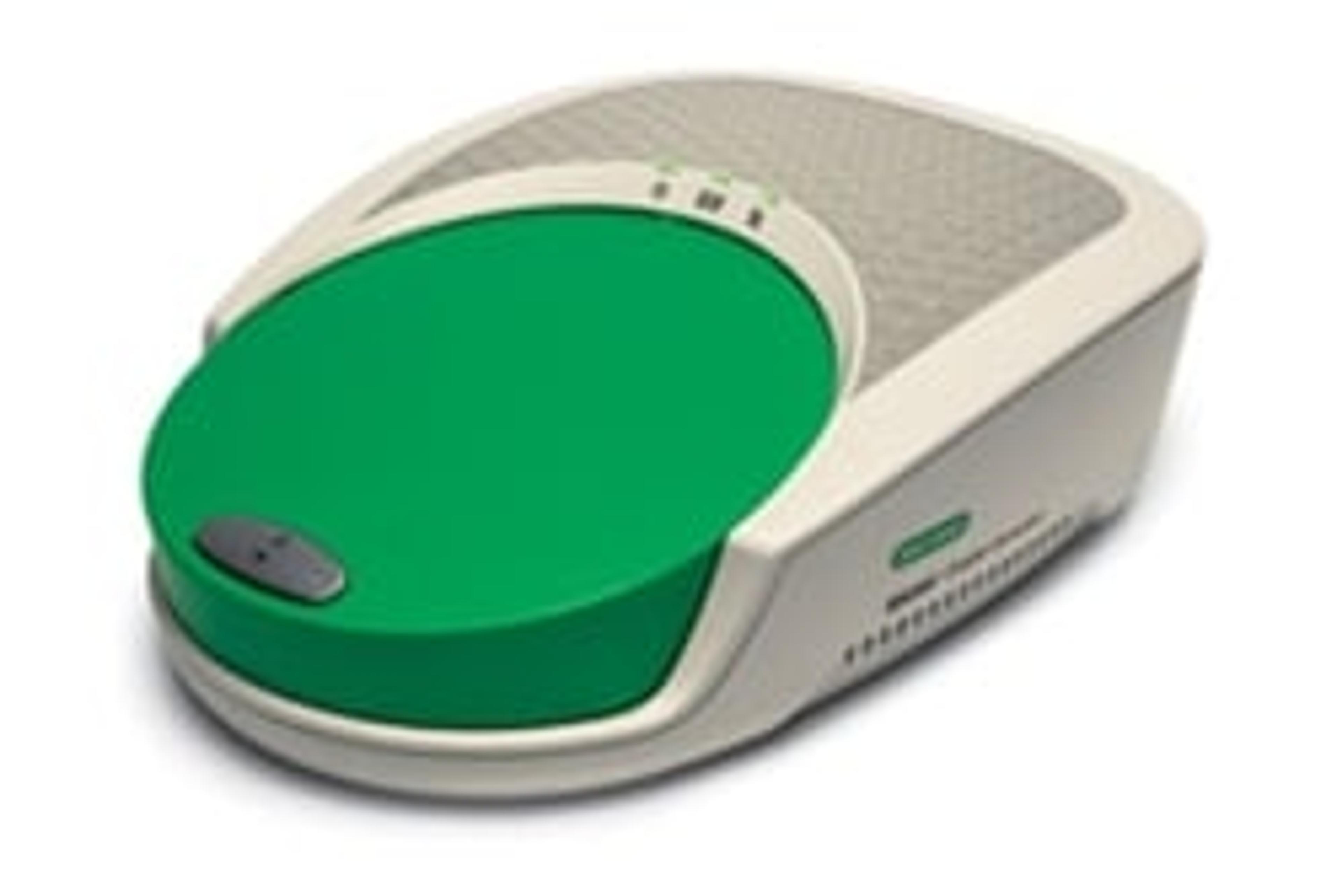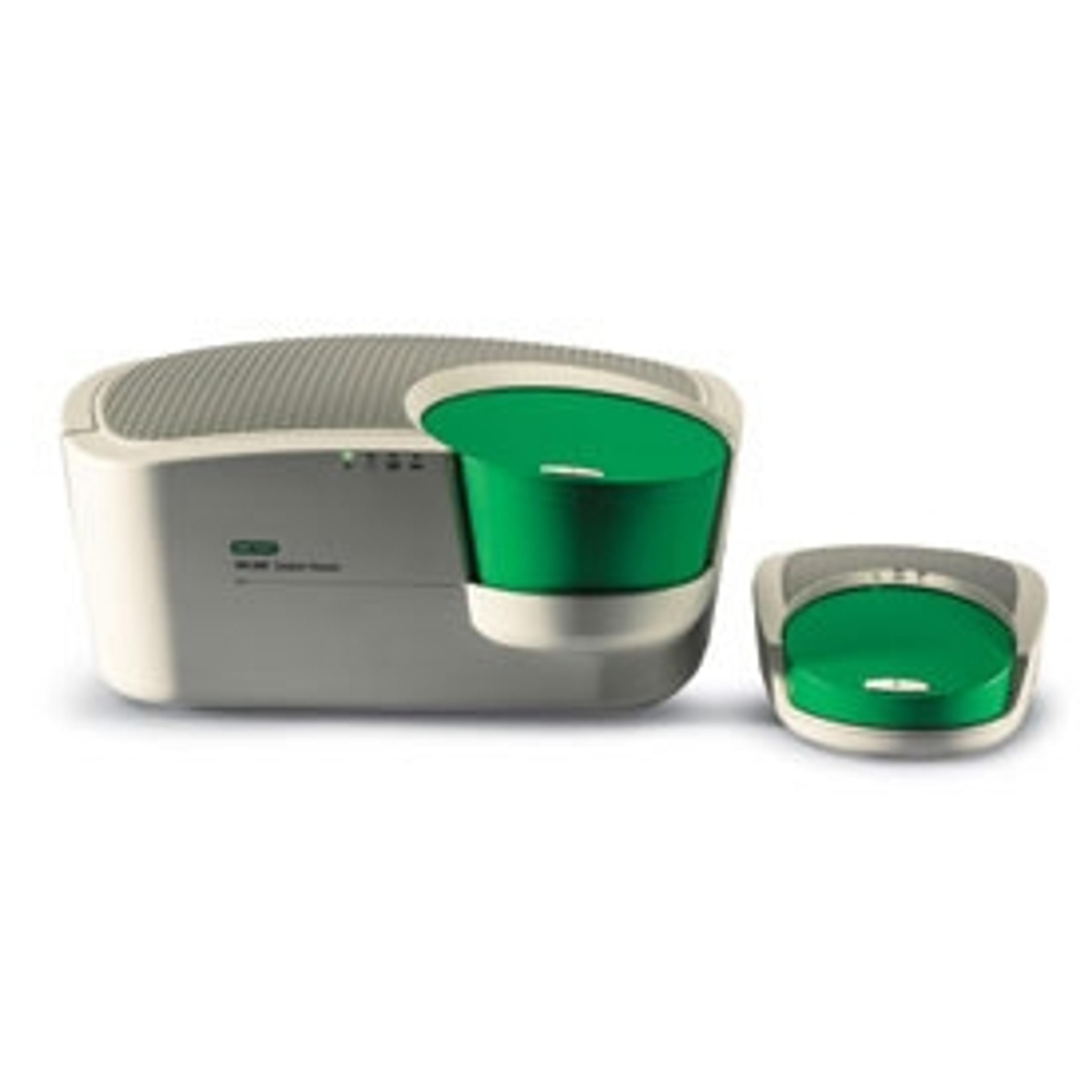Bio-Rad’s Droplet Digital™ PCR Proves Highly Reproducible at Identifying Viral RNA Mutations in Clinical Samples
21 Oct 2015
Bio-Rad’s Droplet Digital PCR (ddPCR™) technology identifies viral RNA mutations in clinical samples with greater precision, sensitivity, and reproducibility than quantitative reverse-transcription PCR (RT-qPCR), according to a new study in the Journal of Virological Methods (November 2015).
This is the first paper to directly compare ddPCR technology to RT-qPCR with multiplexed assays using the same reaction mix and cycling protocol such that all variables are held constant except the platform (real-time PCR or digital PCR).
“It is the first article that outlines an optimization strategy with associated data for running multiplexed experiments using ddPCR technology,” said Sean Taylor, an application scientist at Bio-Rad and the paper’s lead author.
Sensitive Detection of Viral Mutations
Numerous circumstances can lead to a weakened immune system, making the body more susceptible to viral infection. Knowing whether the infection is developing resistance to certain drugs is key to providing optimal treatment. Such resistance can often develop from a single, spontaneous point mutation in the viral RNA.
Using a mixture of mutant and wild-type viral RNA purified from 2009 pandemic flu patients, Bio-Rad scientists and collaborators from the CHU de Québec hospital affiliated with Université Laval (Canada) showed that ddPCR technology markedly increased the sensitivity (>30-fold) and precision (>10-fold, p < 0.05 for both inter- and intra-assay variability) of mutation abundance quantification when compared to RT-qPCR.
Because Droplet Digital PCR is based on absolute quantification, it can remove much of the variability intrinsic to RT-qPCR, which relies on relative quantification. Researchers discovered a statistically significant correlation between two independent ddPCR datasets that was not found with RT-qPCR, allowing for accurate identification of a residual mutant viral population.
Pursuing a Precise Diagnostic for Virology
Guy Boivin, who holds the Canada Research Chair in Influenza and Other Respiratory Viruses, led this research. Boivin’s lab has been developing diagnostics with improved precision and earlier detection ability for influenza subpopulations that grow resistant to oseltamivir (Tamiflu).
“Influenza research, especially translational research, needs rapid and reproducible methods,” Boivin said. “We plan to use Droplet Digital PCR to follow the fate of immunocompromised patients on antiviral therapy.”
Influenza is only one of many viruses that would benefit from earlier detection. This ddPCR-optimized method could be applied to investigate mutation populations in other viruses such as HIV and hepatitis.


